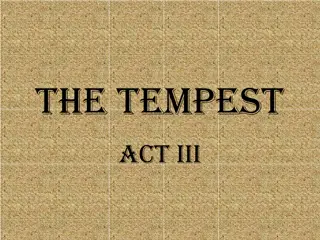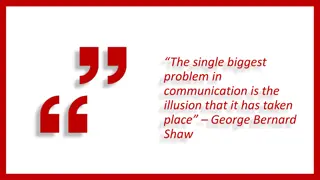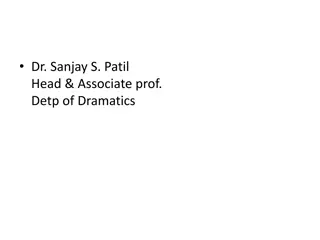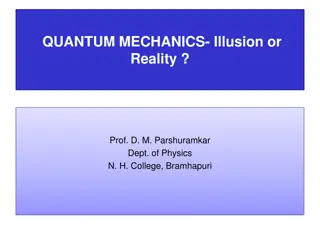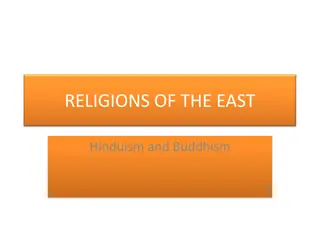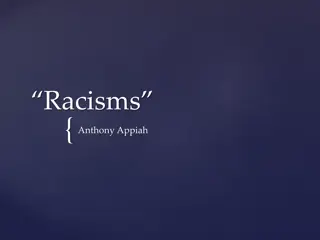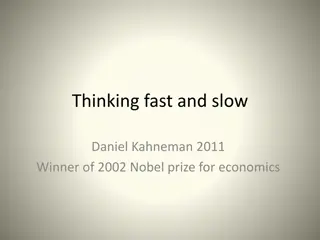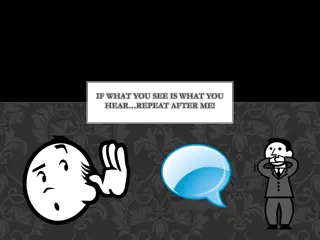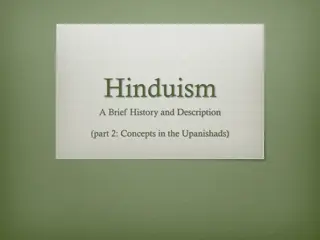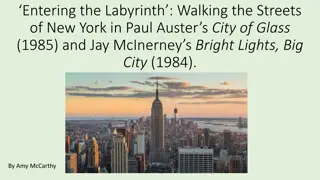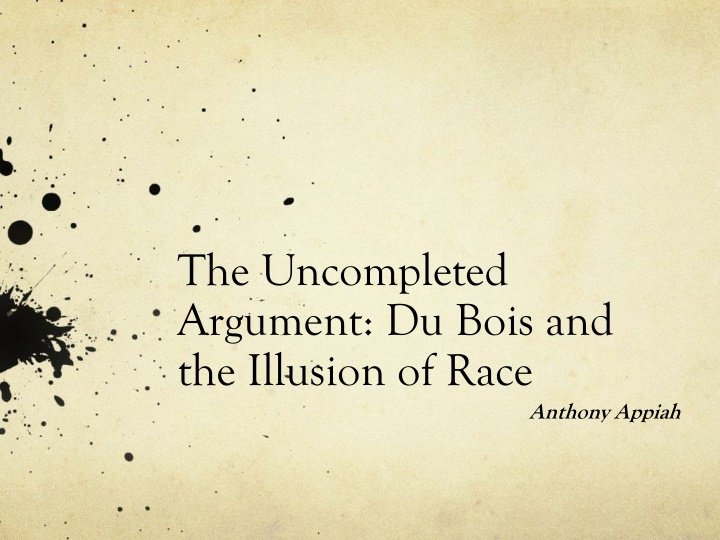
Du Bois, Race Illusion, and Biology: Appiah's Insightful Analysis
Explore Anthony Appiah's thought-provoking analysis on race, biology, and cultural differences, challenging the concept of race as a sociohistorical category and delving into the biological nuances of human genetic variability. Appiah highlights the insignificance of biological differences in explaining our diverse cultural attributes, shedding light on the fallacy of race as a determinant of human distinctions.
Download Presentation

Please find below an Image/Link to download the presentation.
The content on the website is provided AS IS for your information and personal use only. It may not be sold, licensed, or shared on other websites without obtaining consent from the author. If you encounter any issues during the download, it is possible that the publisher has removed the file from their server.
You are allowed to download the files provided on this website for personal or commercial use, subject to the condition that they are used lawfully. All files are the property of their respective owners.
The content on the website is provided AS IS for your information and personal use only. It may not be sold, licensed, or shared on other websites without obtaining consent from the author.
E N D
Presentation Transcript
The Uncompleted Argument: Du Bois and the Illusion of Race Anthony Appiah
Appiahs Conclusions The truth is that there are no races: there is nothing in the world that can do all we ask "race to do for us. The evil that is done is done by the concept and by easy yet impossible assumptions as to its application. (35-36) If race considered as a sociohistorical category; we do only at the price of biologizing what is culture, or ideology. (36)
The Biology of Race What most people in most cultures ordinarily believe about the significance of "racial difference is quite remote, I think, from what the biologists are agreed on. Every reputable biologist will agree that human genetic variability between the populations of Africa or Europe or Asia is not much greater than that within those populations; though how much greater depends, in part, on the measure of genetic variability the biologist chooses. (21)
Biology of Race cont. For two people [considered of the same race], the chances of difference in genetic constitution at one site on a given chromosome are currently estimated at about 14.3 percent, while for any two people taken at random from the human population, they are estimated at about 14.8 percent. (21) differences between peoples in language, moral affections, aesthetic attitudes, or political ideology- those differences which most deeply affect us in our dealings with each other-are not biologically determined to any significant degree. (22)
Point of Clarification These claims will, no doubt, seem outrageous to those who confuse the question of whether biological difference accounts for our differences with the question of whether biological similarity accounts for our similarities What could Appiah mean by this?
Appiah clarifies Some of our similarities as human beings in these broadly cultural respects the capacity to acquire human languages, for example, or, more specifically, the ability to smile are to a significant degree biologically determined. We can study the biological basis of these cultural capacities and give biological explanations of our exercise of them. But if biological difference between human beings is unimportant in these explanations and it is then racial difference, as a species of biological difference, will not matter either. (22)
Appiah quoting Du Bois The "American Negro," he declares, has "been led to ... minimize race distinctions" because "back of most of the discussions of race with which he is familiar, have lurked certain assumptions as to his natural abilities, as to his political, intellectual and moral status, which he felt were wrong." Du Bois continues: "Nevertheless, in our calmer moments we must acknowledge that human beings are divided into races, "even if when we "come to inquire into the essential difference of races we find it hard to come at once to any definite conclusion." For what it is worth, however, the "final word of science, so far, is that we have at least two, perhaps three, great families of human beings-the whites and Negroes, possibly the yellow race. Du Bois is not, however, satisfied with the final word of nineteenth-century science. For, as he thinks, what matter are not the "grosser physical differences of color, hair and bone" but the delicate "differences, subtle, and elusive, though they may be-which have silently but definitely separated men into groups" (23)
From Scientific to Sociohistorical When Du Bois considers race as a vast family of human beings, generally of common blood and language, always of common history, traditions and impulses, who are both voluntarily and involuntarily striving together for the accomplishment of certain more or less vividly conceived ideals of life Du Bois is moving away from the notion of race as scientific (according to Appiah) toward a sociohistorical conception of race
Making Sense of Du Bois What is essential is the thought that through common action Negroes can achieve, by virtue of their sociohistorical community, worthwhile ends which will not otherwise be achieved. On the face of it, then, Du Bois' strategy here is the antithesis in the classic dialectic of reaction to prejudice. The thesis in this dialectic which Du Bois reports as the American Negro's attempt to "minimize race distinctions is the denial of difference. Du Bois' antithesis is the acceptance of difference, along with a claim that each group has its part to play; that the white race and its racial Other are related not as superior to inferior but as complementaries; that the Negro message is, with the white one, part of the message of humankind.
Du Bois Does Not Do as Intended We can begin by analyzing the sources of tension in Du Bois' allegedly sociohistorical conception of race, which he explicitly sets over against the scientific conception. references to "common blood, the common "impulses" and the voluntary and involuntary "strivings, a family of common history
Appiahs General Point in order to recognize two events at different times as part of the history of a single individual, we have to have a criterion for identity of the individual at each of those times, independent of his or her participation in the two events. In the same way, when we recognize two events as belonging to the history of one race, we have to have a criterion for membership in the race at those two times, independent of the participation of the members in the two events. To put it more simply: sharing a common group history cannot be a criterion for being members of the same group, for we would have to be able to identify the group in order to identify its history. (27)
Thoughts? Appiah asks of Du Bois and of us, In what ways must individual lives be relevantly similar in order to count as having a common history?
A Note on Culture Culture (1) dynamic patterns of learned beliefs, values, and behaviors possessed by (2) a group who share geographical and historical proximity that (3) facilitate the collective realization of need fulfillment Culture est. basic assumptions about social relations (what motivates individuals, how one deals with others in social situations, and matters of interpersonal style).




